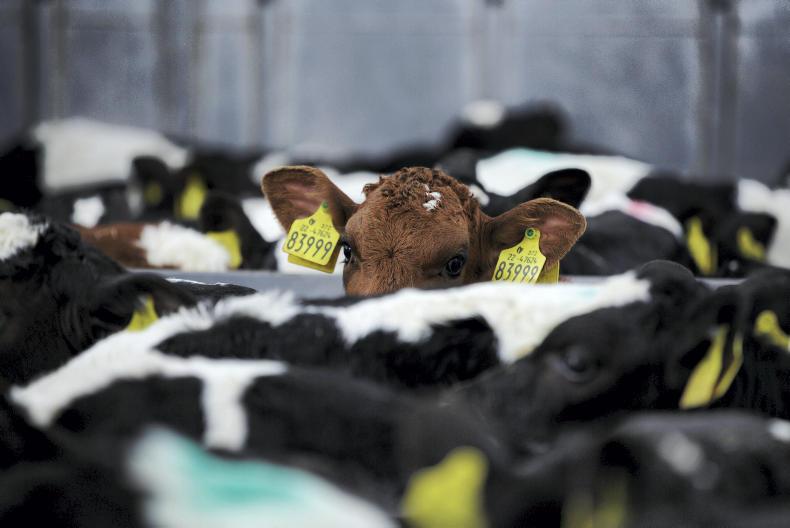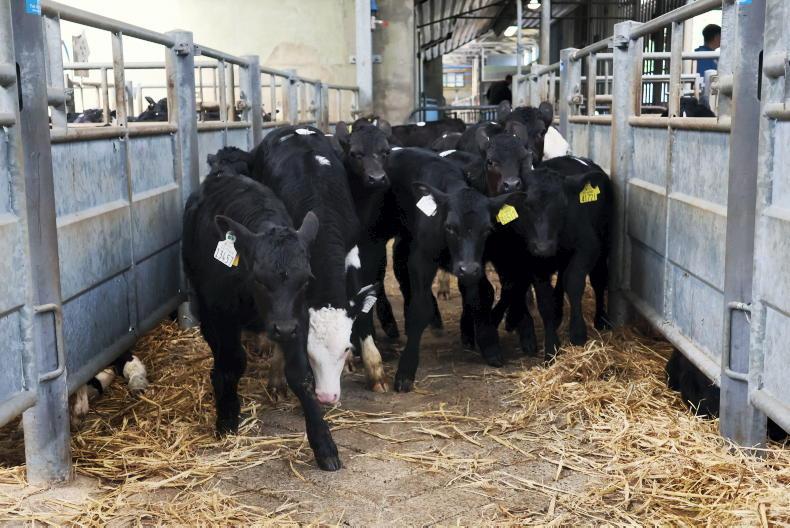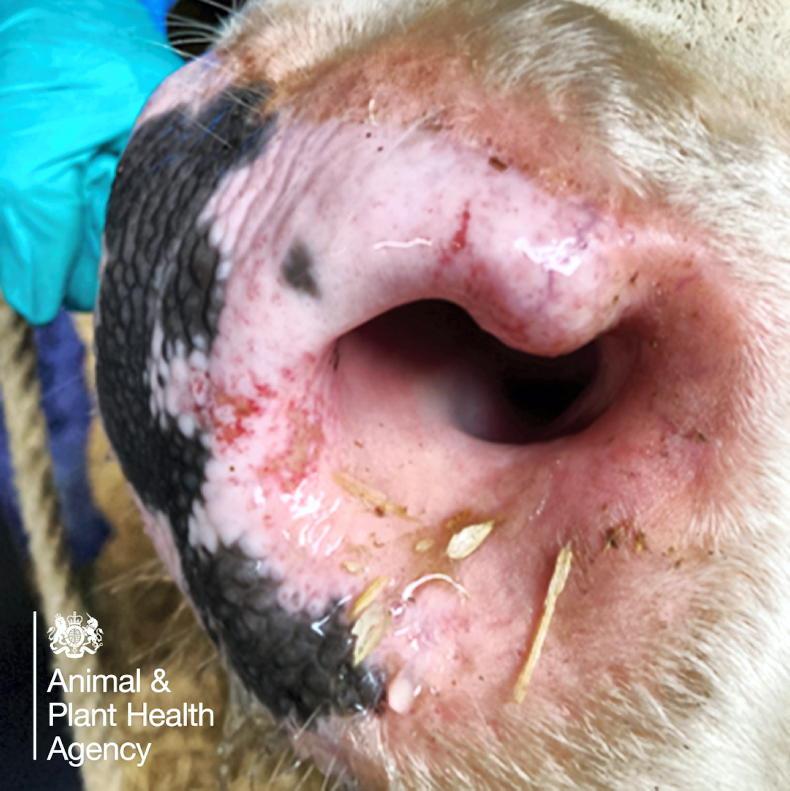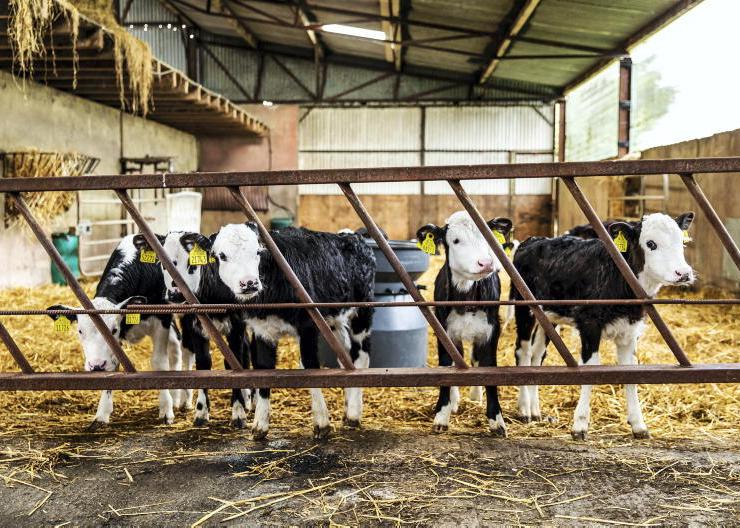Farmers need to plan for next year now so they have adequate calf housing or a home found for calves before being faced with extra numbers next spring.
Additionally, the industry needs to work on multiple solutions to form an industry plan in the face of increased dairy calf numbers. These were just two of the conclusions from the third in a series of IFA meetings that took place in Kilkenny today.
The meeting on Tuesday started off with a statement from IFA that dairy farmers must take full responsibility for the calves born on their own farms and that zero tolerance of any abuse is acceptable.
Challenge
Tom Phelan, dairy farmer and IFA dairy chair, said, “This dairy bull calf issue is more of a challenge than a problem right now, but unless we tackle the challenge it will be a problem. Very quickly the challenge became clear when we discussed this issue with government agencies for most of last year.”
Industry gathering at the @IFAmedia dairy beef meeting in Kilkenny to discuss challenges around dairy bull calves. Will have report on @farmersjournal shortly pic.twitter.com/CjwCUdUyxk
— FJ Dairy (@FJDairy) October 29, 2019
A consensus among those present was that a small number of improvements could help a lot, but number one was that the integrity of the product and what the farmer signed off on was what it should be.
For example, if the calf’s blue card says it’s an Aberdeen Angus cross, then it should be an Aberdeen Angus cross and not some other breed.
Standard
Also speaking at the meeting, Glanbia chair Martin Keane said: “Our consumers will dictate to a certain extent and we are working in a fishbowl, so we have to operate to a standard that is observed.”
When asked what solutions are available to help the genetic component of these dairy-bred calves, ICBF’s Andrew Cromie said: “Some of the solutions revolve around tweaking the Economic Breeding Index (EBI), getting more farmers to use the Dairy Beef Index (DBI), and working with stakeholders like the marts to provide facilities that can grade and value calves at a point along the chain.”
Vulnerable
Representing marts, Ray Doyle from ICOS suggested calf exports were vulnerable in coming years if legislation changed and that farmers need to sell bundles of calves rather than individual calves.
Teagasc’s Pat Dillon explained recent trial work from Grange suggested dairy beef stock offer an opportunity for some farmers.
He said: “We have dairy-bred stock gaining over a kilo per day in Grange so there is potential there. We need more use of sexed semen and greater integration of dairy and beef farmers.”










SHARING OPTIONS